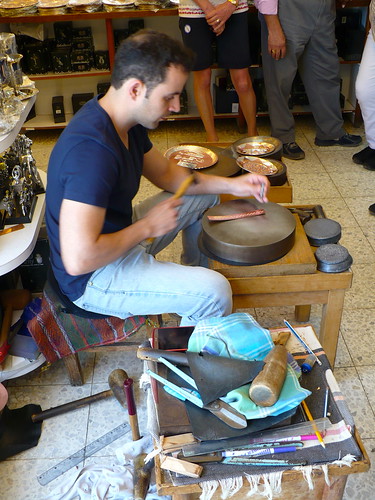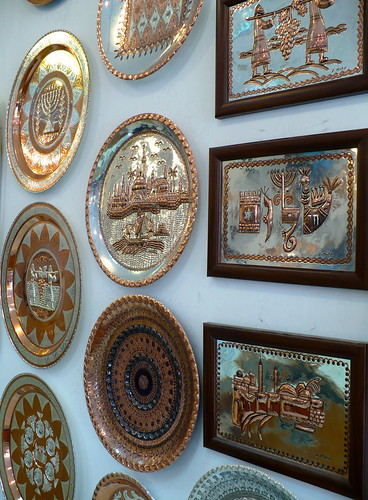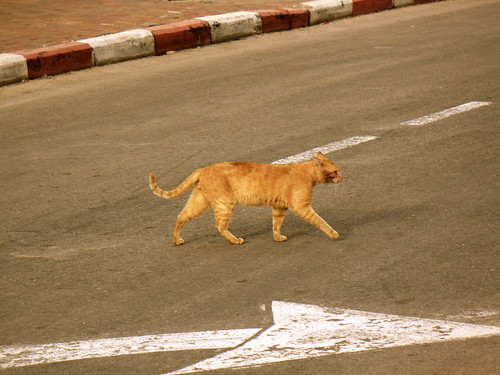Title: At the Time of the Jasmine
Author: Alifa Rifaat
Translator: Denys Johnson-Davies
Where I Read It: The Anchor Book of Modern African Stories
A son goes home to attend his father's funeral. The funeral rituals prompt people to pay their respects regardless of their feelings for the dead. And by serving as the basic steps for what to do, the rituals can act both as a guide through a difficult time and as a means to free people's minds from the details of what they need to do, so that they can consider feelings and questions they've long avoided.
The son had drifted apart from his father. Now he asks himself why. He also considers duty and love. What did his father feel towards him - some mixture of both? At the very least, duty maybe, but perhaps more. What happened to their relationship, and was the son also dutiful to the father? Jasmine - its scent and its significance to father and son - traces its way through the story.
Title: Blue Poppies
Author: Jane Gardam
Where I Read It: The Garden of Reading
"Mother had been staying with me for a month, sometimes knowing me, sometimes looking interestedly in my direction as if she ought to."
A woman and her senile mother seem to talk across each other a lot. She takes her mother to the old estate of a duchess and duke, where there's a field of blue poppies that maybe the mother has visited before but can't remember. Both noble personages are on the scene, though they don't much look the part of nobility; the duchess is gardening, the duke sits outdoors looking forlorn, and they've opened up their home to public visitors to raise money. In the course of the story, the duchess acts both as a force that keeps mother and daughter apart at a critical time, and as a means of giving some awkward, painful closure at the end. It's told with a light touch that still lets darker emotions like grief and regret seep through.
Title: Roses, Rhododendron
Author: Alice Adams
Where I Read It: American Voices
I like the sense of place in this one, and the rich details. As a child, Jane Kilgore moves from Boston to North Carolina with her mother, who has taken up selling antiques; Jane's father has abandoned them. After some exploration, Jane finds the home of the girl who will become her childhood best friend: Harriet Farr. Harriet's personal qualities, parents, and home are everything that Jane hopes she could have. Some years later, after Jane moves away, she realizes that she was more important than she could have imagined to Harriet and her family. The story explores the girls' friendship and how they've imprinted themselves on each other - and even years later, after they've moved away from their childhood and from each other, their friendship can linger and show them new things about themselves.






